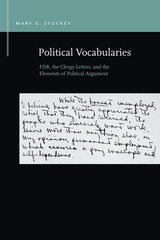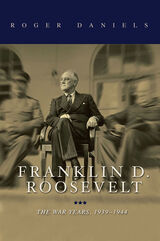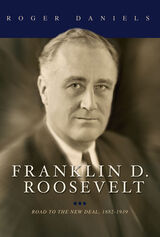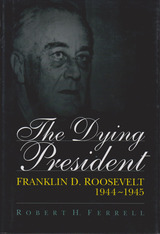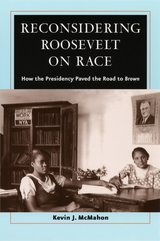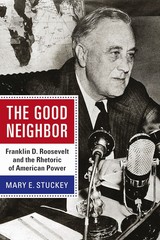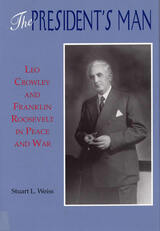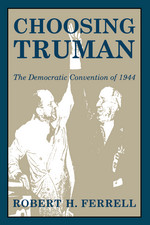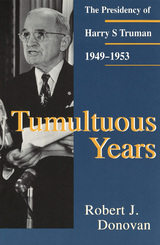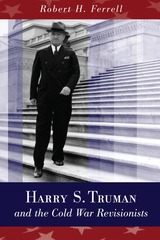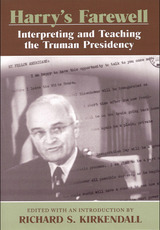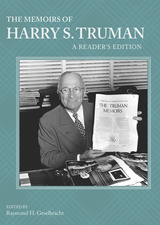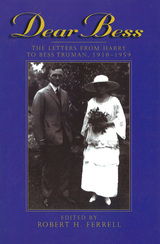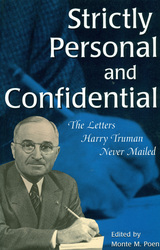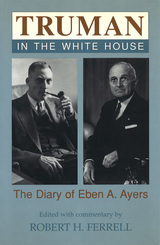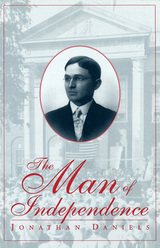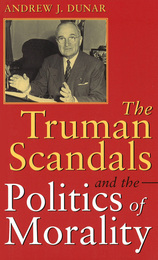Little Helpers: Harry Vaughan, His Cronies, and Corruption in the Truman Administration
University of Missouri Press, 2024
Cloth: 978-0-8262-2316-6 | eISBN: 978-0-8262-7505-9
Library of Congress Classification E813
Dewey Decimal Classification 355.0092
Cloth: 978-0-8262-2316-6 | eISBN: 978-0-8262-7505-9
Library of Congress Classification E813
Dewey Decimal Classification 355.0092
ABOUT THIS BOOK | AUTHOR BIOGRAPHY | REVIEWS | TOC | REQUEST ACCESSIBLE FILE
ABOUT THIS BOOK
In Little Helpers, historian John Robert Greene encourages us to rethink the scandals of Harry Truman’s presidency by providing the first political biography of the man who precipitated them—Gen. Harry H. Vaughan. As the former president’s close friend and military aide, Vaughan brought a number of disreputable figures into the White House, in addition to committing plenty of misconduct on his own. Although aware of Vaughan’s misdeeds, Truman remained unwilling to rid his administration of him and his hangers on. Vaughan’s scandals have largely gone overlooked by historians—a tendency that Little Helpers corrects.
Greene begins with the story of how Truman and Vaughan met during World War I, then examines Vaughan’s support for Truman for the Senate and later as President. The majority of the book, however, considers the various cronies that surrounded Vaughan and illustrates the significance of his relationship with Truman—and the president’s inability to rein him in.
Drawing from primary and archival sources, many never before published, Little Helpers is further distinguished by its use of the correspondence between Vaughan and Truman. Greene also provides a dramatic narrative account of the inner workings of the Truman administration, making the book accessible to the general reader as well as the specialist.
Greene begins with the story of how Truman and Vaughan met during World War I, then examines Vaughan’s support for Truman for the Senate and later as President. The majority of the book, however, considers the various cronies that surrounded Vaughan and illustrates the significance of his relationship with Truman—and the president’s inability to rein him in.
Drawing from primary and archival sources, many never before published, Little Helpers is further distinguished by its use of the correspondence between Vaughan and Truman. Greene also provides a dramatic narrative account of the inner workings of the Truman administration, making the book accessible to the general reader as well as the specialist.
See other books on: 1884-1972 | 1945-1953 | Corruption | Friends and associates | Political corruption
See other titles from University of Missouri Press


